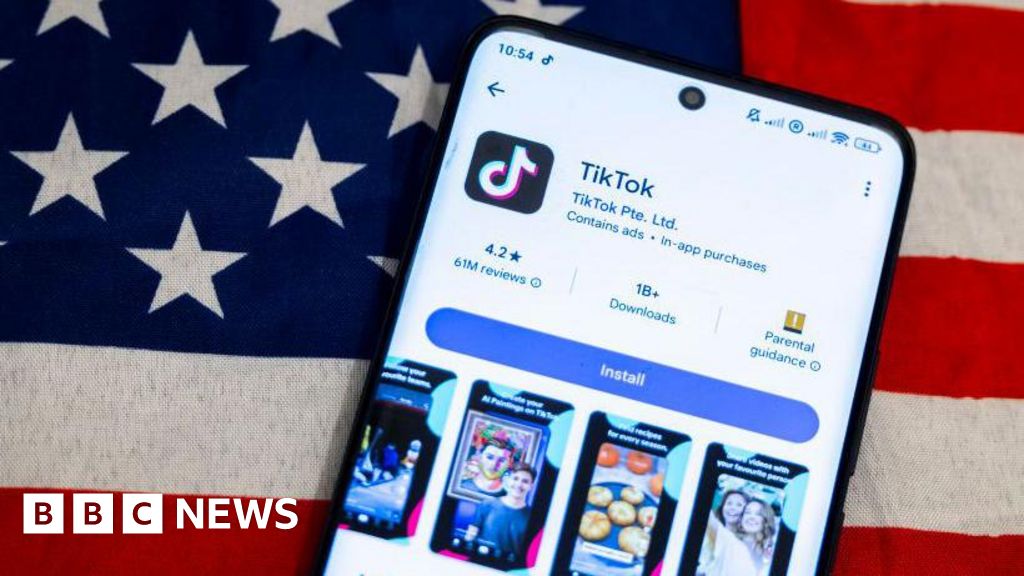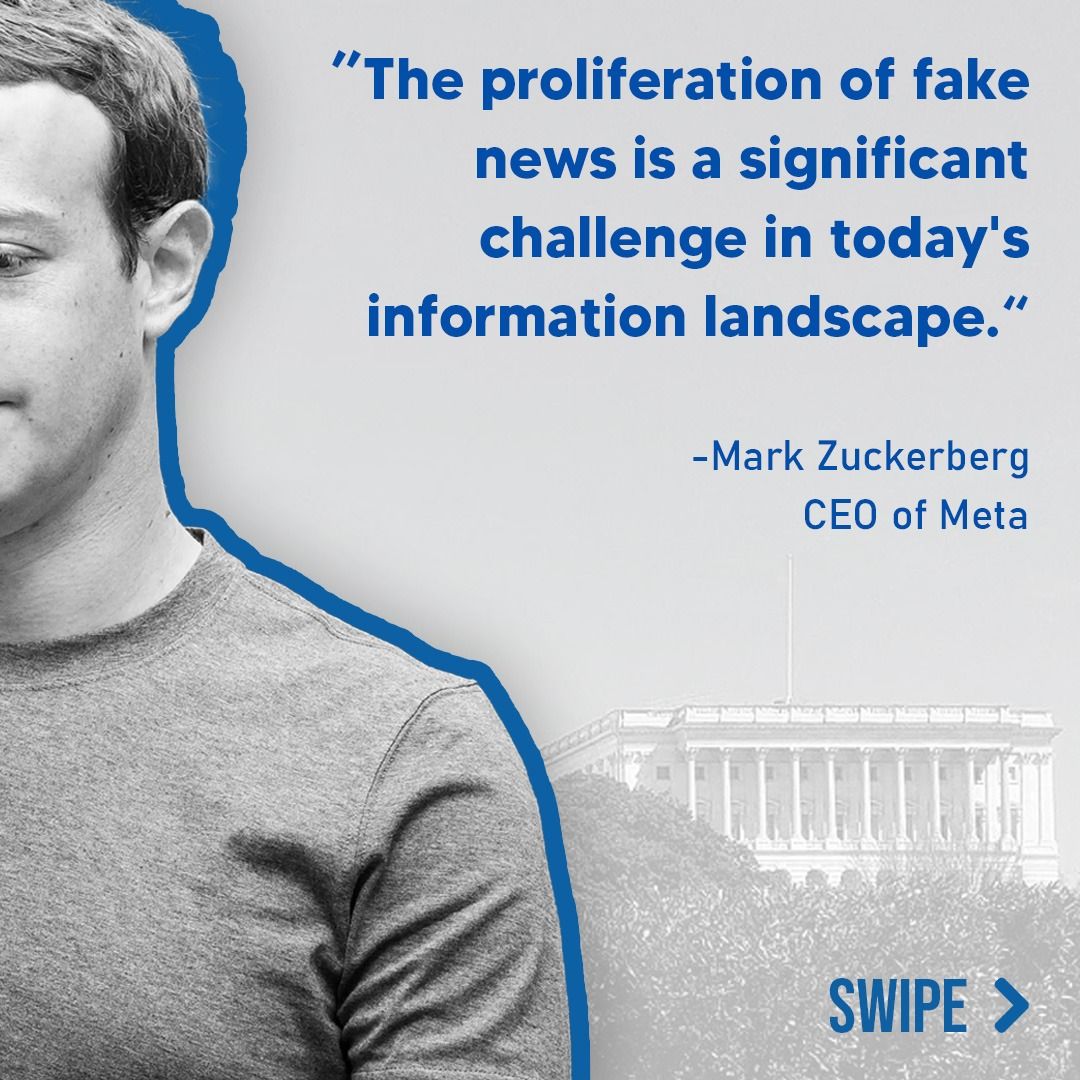
Fact Check Analysis: Trump Suggests TikTok as a Sovereign Wealth Fund Investment
Readers, you aren’t alone in raising eyebrows at claims like this! One of our valued subscribers submitted this fact-check request, and you can too! Submitting fact-check requests is free through DBUNK, and we are committed to cutting through the noise for clarity. Get started today with trust in your corner.

The Claim
An article published on BBC News on February 3, 2025, reported that President Donald Trump signed an executive order initiating the creation of a U.S. sovereign wealth fund. The president suggested that this fund might potentially buy TikTok, the popular Chinese-owned social media platform. According to the article, Trump expressed optimism about funding the wealth fund through tariffs despite the United States running a budget deficit. But does this claim stand up to scrutiny?
The full article is available here: Original Article.

Our Fact-Checking Analysis
The article presents several claims and implications, but significant issues of misinformation, missing context, and vague statements are present throughout. Let’s investigate each in detail.
1. Questionable Feasibility of a Sovereign Wealth Fund Given the U.S. Deficit
The article mentions that the U.S. runs a budget deficit, which is accurate. As of 2025, the federal government has faced steady deficits for decades. Sovereign wealth funds are typically funded by budget surpluses or revenues generated from natural resource exports, as seen with countries like Norway and Saudi Arabia. The president’s assertion that tariffs will fund the proposed wealth fund lacks precedent and economic plausibility. Tariffs are taxes applied to imports and are unlikely to generate the sustained financial surpluses needed for such an endeavor, particularly when they can result in retaliatory measures from trading partners.
This important context is not provided in the article, leaving readers with an incomplete understanding of how sovereign wealth funds operate. Without a clear funding mechanism, the feasibility of the fund itself is cast into doubt.
2. Serious Logistical and Legal Obstacles to TikTok Acquisition
The idea that the U.S. government could use a sovereign wealth fund to acquire TikTok also raises various concerns. TikTok is a privately owned company by ByteDance, a Chinese firm, with complex international legal considerations. Government acquisition of a private corporation through a sovereign wealth fund is highly irregular and would invite scrutiny under both U.S. and international law.
Furthermore, the article reports that President Trump suggested TikTok’s acquisition was under consideration “if we make the right deal.” Yet, no clear mechanism or precedent is cited for how a U.S. sovereign fund—if it comes into existence—could feasibly purchase such a private entity. This claim is speculative at best, even though it is presented alongside general discussions of the sovereign wealth fund’s potential scope.

3. Missing Context on TikTok and Previous Legal Challenges
The article briefly mentions that TikTok was briefly taken offline in 2025 due to national security concerns. While this correctly recalls past U.S. government actions against TikTok, it fails to provide readers with context about why TikTok has faced scrutiny. Typically, the platform’s concerns center on data privacy and its ownership by a Chinese company, ByteDance. These deeper issues are omitted, leaving readers without an understanding of why TikTok might be a subject of interest for government intervention.
Moreover, the article inaccurately portrays TikTok as a straightforward acquisition target. Corporate acquisitions are complex, with TikTok’s valuation estimated at tens of billions of dollars. The article does not address who benefits from such a move or analyze bipartisan concerns about government overreach in technology markets.
Conclusion
The BBC article’s coverage of Trump’s proposed sovereign wealth fund and potential TikTok acquisition contains substantial gaps in context, raises questions about economic feasibility, and includes speculative claims. Without further substantiation, the claim that the U.S. government could realistically pursue TikTok as an investment through a nonexistent sovereign wealth fund is dubious to say the least. Readers deserve thorough explanations, not loose conjecture presented as newsworthy possibilities.
Remember, misinformation often thrives where details and context are omitted. DBUNK is here to inform and empower you to sift through the noise. Don’t let misinformation shape your understanding—download our app to combat false narratives effectively.


